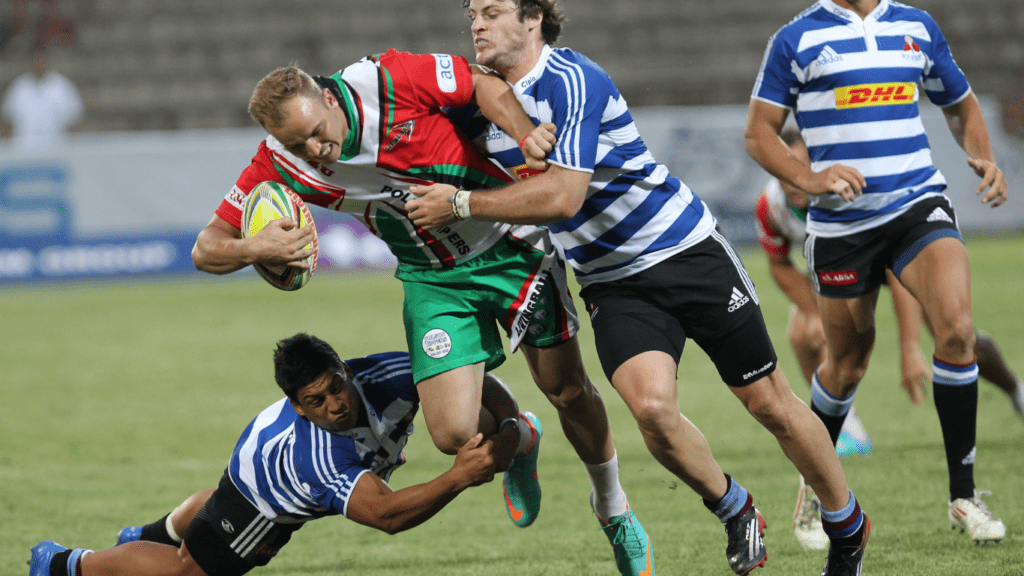Overview of Professional League Expansion
The professional league’s expansion includes new international teams, marking a significant milestone. This section delves into the emerging markets and historical trends influencing this strategic development.
Emerging Markets in Professional Sports
Emerging markets have become crucial in the sports industry. Countries like:
- India
- China
- Brazil
show rapid growth in both fanbase and player development.
For example, India’s cricket popularity has spurred interest in other sports, creating a fertile ground for new teams.
China’s investment in sports infrastructure has resulted in increased participation and viewership.
Brazil, renowned for its soccer legacy, continues to produce talent across various sports, attracting league interest. This expansion taps into these emerging markets, bringing new talent and fans to the league.
Historical Expansion Trends
Historically, sports leagues have expanded to include international teams during periods of growth. For example, the NBA incorporated teams from Canada in the 1990s, enhancing the league’s global reach.
Similarly, soccer leagues in Europe have continually added teams from different countries, increasing competitive diversity and global viewership.
This trend shows that expanding into new markets boosts the league’s profile, fan engagement, and commercial opportunities.
The current expansion follows this trajectory, promising similar benefits for the league and its stakeholders.
Impact of Including New International Teams
Expanding the league to include new international teams has several significant effects. It not only revitalizes local economies but also encourages cultural exchange and diversity in sports.
Boost to Local Economies
New international teams bring substantial economic benefits to local regions. Hosting games attracts:
- tourists
- fans
- media
leading to increased spending in hotels, restaurants, and local businesses.
According to a 2022 report by the Economic Impact Group, sports events can boost local tourism revenue by up to 15%.
Job creation also sees a boost, with positions in event management, hospitality, and media coverage increasing due to the heightened activity.
Cultural Exchange and Diversity in Sports

Including international teams enriches the cultural tapestry of the league.
Players, coaches, and staff from diverse backgrounds introduce new playing styles and strategies, which can elevate the overall level of competition.
This exposure to different cultures fosters mutual respect and understanding among athletes and fans.
Cultural exchange also extends to the fanbase, where international supporters bring unique traditions and enthusiasm, enhancing the league’s global appeal.
According to a study by the International Journal of Sports Science & Coaching, multicultural teams lead to innovative tactics and improved team cohesion when managed effectively.
By looking at local economies and cultural diversity, it’s clear that incorporating international teams will benefit both the league and the host countries.
Challenges With International Team Inclusion
Expanding a professional league to include international teams brings numerous benefits, but it also introduces several challenges.
Addressing these challenges is crucial for a smooth transition and successful integration.
Logistical Considerations
Managing logistics for international teams isn’t straightforward. Travel schedules are significantly more complex, with long-haul flights requiring careful planning to minimize player fatigue.
Teams need to account for time zone differences, which affect game scheduling and recovery periods.
Additionally, international teams must arrange appropriate accommodations and training facilities in both home and host countries.
Adequate coordination ensures that facilities meet the league’s standards. Shipping equipment across borders requires meticulous planning to avoid delays and ensure timely delivery.
Regulatory and Compliance Issues
- Navigating regulatory and compliance issues is another considerable challenge.
- Different countries have varying regulations on athlete visas, work permits, and taxation, which must all be managed efficiently.
- Compliance with these regulations ensures uninterrupted participation of international players.
- Broadcasting rights represent another complex area.
- Different countries have different media laws and negotiating rights deals requires careful attention to legal frameworks and international agreements.
- Furthermore, adhering to each country’s local sports governance standards ensures that teams operate within legal and ethical boundaries.
Future Prospects for Professional Leagues
Expanding to include new international teams opens up numerous future prospects for professional leagues. These developments could significantly redefine the landscape of sports worldwide.
Predictions and Strategic Directions
The involvement of more international teams prompts various strategic adjustments.
Leagues are likely to increase their focus on global marketing efforts, aiming to reach broader audiences.
Collaborations with international sponsors can boost revenue, while strategic partnerships with local businesses can enhance community engagement.
Leagues might need tactical changes in scheduling to accommodate time zone differences, ensuring televised matches at suitable times for global viewership.
Additionally, there could be an increased investment in infrastructure, such as training facilities and stadium upgrades, to meet international standards.
Emerging markets in Asia and Africa offer significant growth opportunities.
Expanding teams in these regions not only taps into large potential fanbases but also nurtures local talent, strengthening the leagues’ competitive edge.
European soccer leagues have successfully utilized such strategies, setting a precedent for other sports leagues.
The adoption of advanced technologies, like AI-driven analytics and VR experiences, could enhance the fan experience and create new revenue streams.
Sports organizations are also likely to focus on sustainable practices, incorporating eco-friendly initiatives in their strategic plans to align with global standards and public expectations.


 is the founder of Luck Lounge Land, a platform dedicated to gambling and game theory. Raised in Ironton, Ohio, Ronaldie studied Business Administration and Information Technology at Ohio University. Inspired by a summer internship at a Las Vegas casino, he created Luck Lounge Land to blend his expertise in business and gaming. His website offers news, insights, and interactive features for gambling enthusiasts worldwide.
Ronaldie's innovative approach has made Luck Lounge Land a popular resource for gamblers. He frequently shares his knowledge through articles and webinars. His passion for educating others is evident in the site's 'Game Theory Academy.' Ronaldie's commitment to quality content has attracted a loyal following. He continuously seeks ways to enhance the user experience. Outside of his work, Ronaldie enjoys exploring new casino trends and technologies.
is the founder of Luck Lounge Land, a platform dedicated to gambling and game theory. Raised in Ironton, Ohio, Ronaldie studied Business Administration and Information Technology at Ohio University. Inspired by a summer internship at a Las Vegas casino, he created Luck Lounge Land to blend his expertise in business and gaming. His website offers news, insights, and interactive features for gambling enthusiasts worldwide.
Ronaldie's innovative approach has made Luck Lounge Land a popular resource for gamblers. He frequently shares his knowledge through articles and webinars. His passion for educating others is evident in the site's 'Game Theory Academy.' Ronaldie's commitment to quality content has attracted a loyal following. He continuously seeks ways to enhance the user experience. Outside of his work, Ronaldie enjoys exploring new casino trends and technologies.
